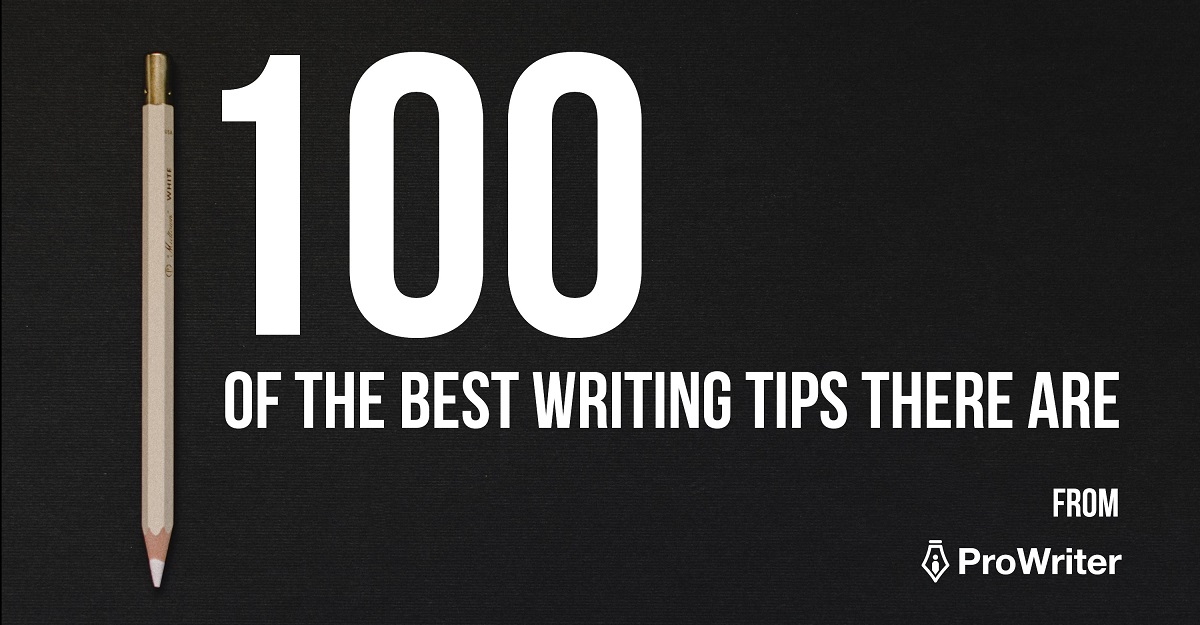Trends continue to show growth in freelance markets, but is a writing side gig all it’s cracked up to be?
This post will help you understand the opportunities in the freelance writing space, and point you in the right direction to get started.
How we work is changing fast. A recent study by Upwork showed that the freelance market has outpaced the overall workforce since 2014. It also suggests that freelancing will constitute the clear majority of the workforce within a decade.*
Whether you’re a working professional who has transitioned to remote, a college student looking for experience, or a stay-at-home parent trying to enter the workforce, millions are exploring freelancing options for making extra cash.
But maybe you’ve heard horror stories about freelance writing. Shady employers that ghost without paying writers. Being trapped in a “content mill” writing low-quality content for pennies.
There are plenty of posts like that on reddit and Facebook. If you’ve seen them, you just might be wondering whether freelance writing is all it’s cracked up to be.
Is freelance writing a good side gig?
If you want an opportunity to make some extra cash, desire a flexible schedule, and can find space to work at home, freelance writing can be a very rewarding pursuit. But don’t go searching for jobs just yet. Many new writers lack the skills employers are looking for, which can result in a rocky start to your side career.
There are a lot of perks to being a freelance writer. You work from home, your schedule is your own, and you can pursue writing in fields you either have subject matter knowledge about from your education or career background, or simply find interesting, whether it’s pop culture or a personal hobby like gardening.
But making the wrong career decisions early on can lead to burnout and frustration. If you want to avoid those landmines and improve your chances of finding the kind of success you’re hoping for, read on.
Why freelance writing?
We cited some broad statistics about freelance market growth at the beginning of the post. But the numbers get more interesting the closer you look.
Though economic trends suggest that many are turning to freelance work out of necessity, the majority (61%) became freelancers by choice, and 51% say they wouldn’t go back to a normal 9-to-5.
Even if professionals turn to freelance to meet a short-term financial need, many find that the freedom and flexibility associated with a freelance career beat having a boss.
How hard is it to find work? About 25% of freelancers in the same study said that they can find a gig in a day.
You can be stuck in a bad job for months or years until you manage to make a change. Whereas in freelancing, moving on from bad gigs to the next thing is a weekly, if not daily, occurrence.
Of course, freelance writing only encompasses part of the freelancing space as a whole. There are graphic designers and web developers, and workers like rideshare drivers that make up the $1 trillion freelancing market.
Why should you look to freelance writing for opportunities?
For starters, the barrier to entry is a lot lower than computer coding (but it’s not zero — put a pin in that, we’ll talk about it in the next section).
The earnings vary depending on experience and what kind of work you do. But to give you some idea of what to expect, statistics from Upwork show that content writers on their platform earn between $15-$80 per hour.
There’s also a ton of low-hanging freelance writing work. You just need to know where to look for the right opportunities.
If you’ve already done some searching, you might have an impression that the only freelance writing jobs are at low-pay content mills or writing technical copy you need a PhD to understand.
Where are the good jobs? The jobs that are closer to $80 an hour?
In content marketing.
Content marketing as an industry has shown consistent and significant growth year over year for the past five years.
Content agency CEO and industry thought leader Julia McCoy notes that businesses see the value in content, and are continuing to invest heavily in it. She goes so far as to call content marketing “the future of marketing.”
There’s an incredible amount of diversity in content marketing, as well. Not only are there jobs available in every industry you can imagine, but the variety of assignment types is impressive as well.
Content marketing writers create:
- Blog posts for brands and businesses
- Email copy for marketing campaigns
- Product descriptions
- Website content
- Case studies
- Video scripts
- Social media content
- And more.
If you’re feeling like content marketing isn’t for you, don’t click off just yet.
I meet a lot of new writers who seem crestfallen when I talk about opportunities in content marketing. “That’s not really the kind of writing I want to do,” they say.
Many are creatives with dreams of writing novels, screenplays, or comics. Some are hoping to build a name for themselves in opinion writing for magazines and digital publications.
I tell them the same thing.
“That’s great! Keep at it. But content marketing pays the bills.”
Helping a company tell their story and sell more widgets might not set your soul on fire, but it’s widely available work that pays well.
Whether you want to launch a career as a freelance writer or are just looking for a profitable side gig right now, content marketing is where it’s at.
But don’t rush out and start applying for jobs just yet.
How to get what you want out of freelance writing
It’s probably safe to assume that you want to know more about the $80 an hour writing jobs, not so much the $15 an hour writing jobs, right?
The problem is, those gigs are competitive.
But just because they’re competitive doesn’t mean you can’t get them.
As freelance writer Alice Genes notes, writers should worry less about competition in the freelance writing space and focus on increasing their “hireability” instead.
As an employer of writers, I couldn’t agree more.
The freelance writing market is absolutely oversaturated. But it’s oversaturated primarily with unqualified writers.
I’ve managed a digital content agency for the last five years. Whether I hire for a big brand content marketing project or a new media outlet writing listicles about cat memes, well over 90% of the applications I typically receive are unusable.
It’s not that the applicants are just not good fits for the job. It honestly seems like most of them are from people who decided to “try it out” and put out a few applications. “I’m willing to learn,” many say, without providing any samples, much less links to a writer portfolio or previous work.
A lot of new writers just assume writing is easy and anyone can do it. They don’t seem to really connect with the idea that freelance writing is a job, and that freelance writers are skilled professionals.
If you take one thing away from this blog post, it’s this: don’t go applying for jobs until you have the skills employers are looking for.
Good professional freelance writers are actually hard to find.
But it’s only these few professionals who have put the time in to understand SEO, copywriting, formatting, and more of the skills today’s employers really need to make their content marketing projects a success.
So, how do you get what you want out of freelance writing? Ideally, the $80 an hour jobs you want for extra cash, to justify going freelance writing full time, or to pay the bills while you pursue your passion projects?
It starts with professionalism. It starts with skills development.
Freelance writing is a real job. Treat it like one.
More resources
If you want to go deeper into the topic of becoming a freelance writer, check out our free How To Become A Freelance Writer guide.
You should also check out our free video course, which gives an introduction to the skills writers need to be successful.
Lastly, if you’re ready to start finding your first gigs, you can check out our Jobs Board which curates gigs from all over the web, and also hosts unique jobs from ProWriter employers. If you’re looking for bylined gigs in industries you want to make a name in, try searching our Submissions portal.
Also, our newsletter “Who’s Hiring?” will send the top jobs to your inbox each Monday. Sign up for that here.
Finally, if you have any questions or feedback for me, you can reach me directly on LinkedIn.






